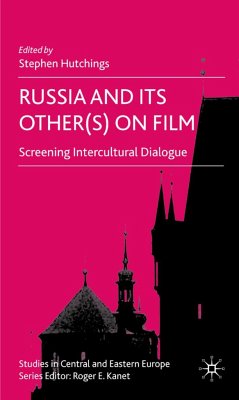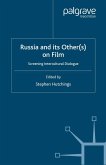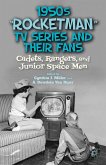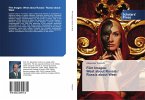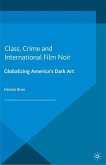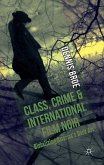Russia's interactions with the West have been a perennial theme of Slavic Studies, and of Russian culture and politics. Likewise, representations of Russia have shaped the identities of many western cultures. No longer providing the 'Evil Empire' of 20th American popular consciousness, images of Russia have more recently bifurcated along two streams: that of the impoverished refugee and that of the sinister mafia gang.Focusing on film as an engine of intercultural communication, this is the first book to explore mutual perceptions of the foreign Other in the cinema of Russia and the West during, and after, communism. The book's structure reflects both sides of this fascinating dialogue: Part 1 covers Russian/Soviet cinematic representations of otherness, and Part 2 treats western representations of Russia and the Soviet Union. An extensive Introduction sets the dialogue in a theoretical context. The contributors include leading film scholars from the USA, Europe and Russia.
'These well-informed, thought-provoking, and insightful essays contribute significantly to an important, yet understudied aspect of Russian cinema studies. Sophisticated in conception, yet engaging and accessible, this anthology will be read with pleasure and profit by all those interested in Russian film, Russian culture, and the impact of cultural globalization on national cultures.' - Denise J. Youngblood, Professor of History, University of Vermont, USA

